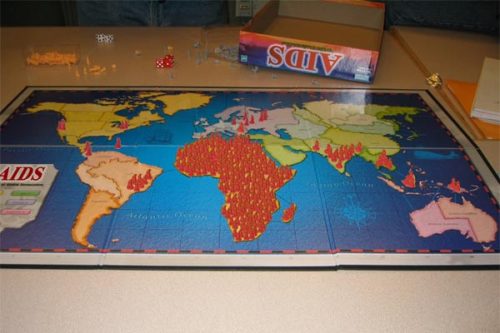Bacteria and the end of life as we know it
But a billion years of bacterial evolutionary progress was soon stunted by a catastrophic global event. Geologists find no signs of a great meteor impact nor a volcanic eruption, but they have uncovered the unmistakable geologic scars of rapid worldwide climate change. Average temperatures, which were previously comparable to our present climate, plummeted to minus 50 degrees Celsius and brought the planet into its first major ice age. This environmental shift triggered a massive die-off which threatened to extinguish all life on Earth, and paleoclimatologists have good reason to believe that this world-changing event was unwittingly caused by some of the planet's own humble residents: bacteria.

The period in history is known as the Paleoproterozoic era, and prior to that time the Earth's ecology and environment were significantly different. The iron-rich waters of the oceans lent them a green tint, and the atmosphere was comprised of gasses other than oxygen. Although oxygen atoms were abundant, such as those found in water molecules, unbound oxygen was extremely rare. The sea was host to a plethora of anaerobic microorganisms, but there were also a few members of a newly evolved variety: a blue-green algae known as cyanobacteria. These adapted bacteria were the first to use water and sunlight for photosynthesis, producing oxygen as a by-product of their metabolism.
The cyanobacteria were a struggling minority at first, but scientists believe that these new microbes began to dominate with the help of meltwater from a few glaciers scattered across the young continents. These glaciers spent centuries scraping across the Earth collecting minerals, ultimately depositing their rich nutrient payloads into the oceans. The cyanobacteria flourished in the presence of the increased minerals, and the rapidly growing population was soon venting increasingly large amounts of its poisonous waste oxygen into the environment.
How Bacteria Nearly Destroyed All Life

No comments:
Post a Comment